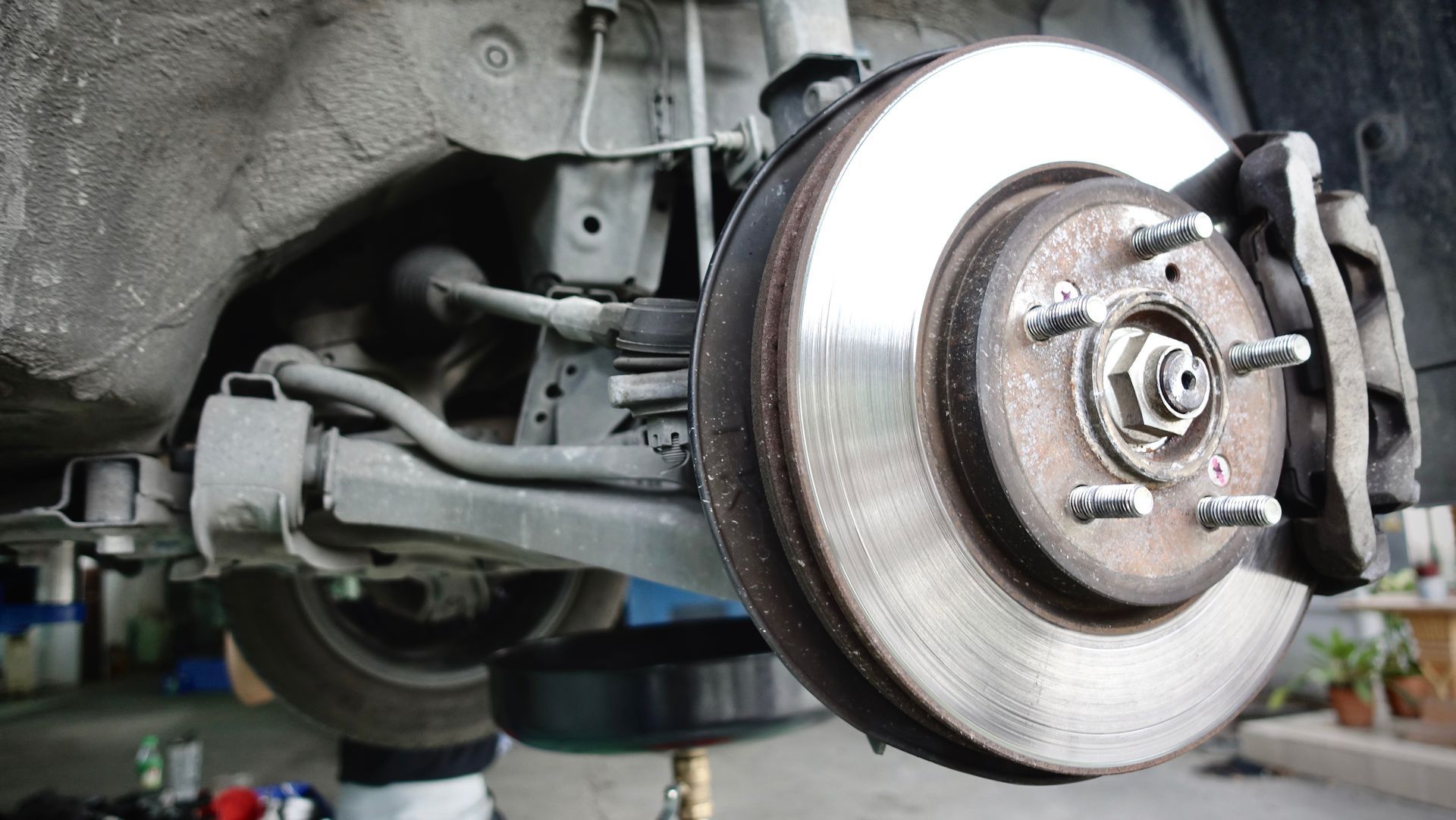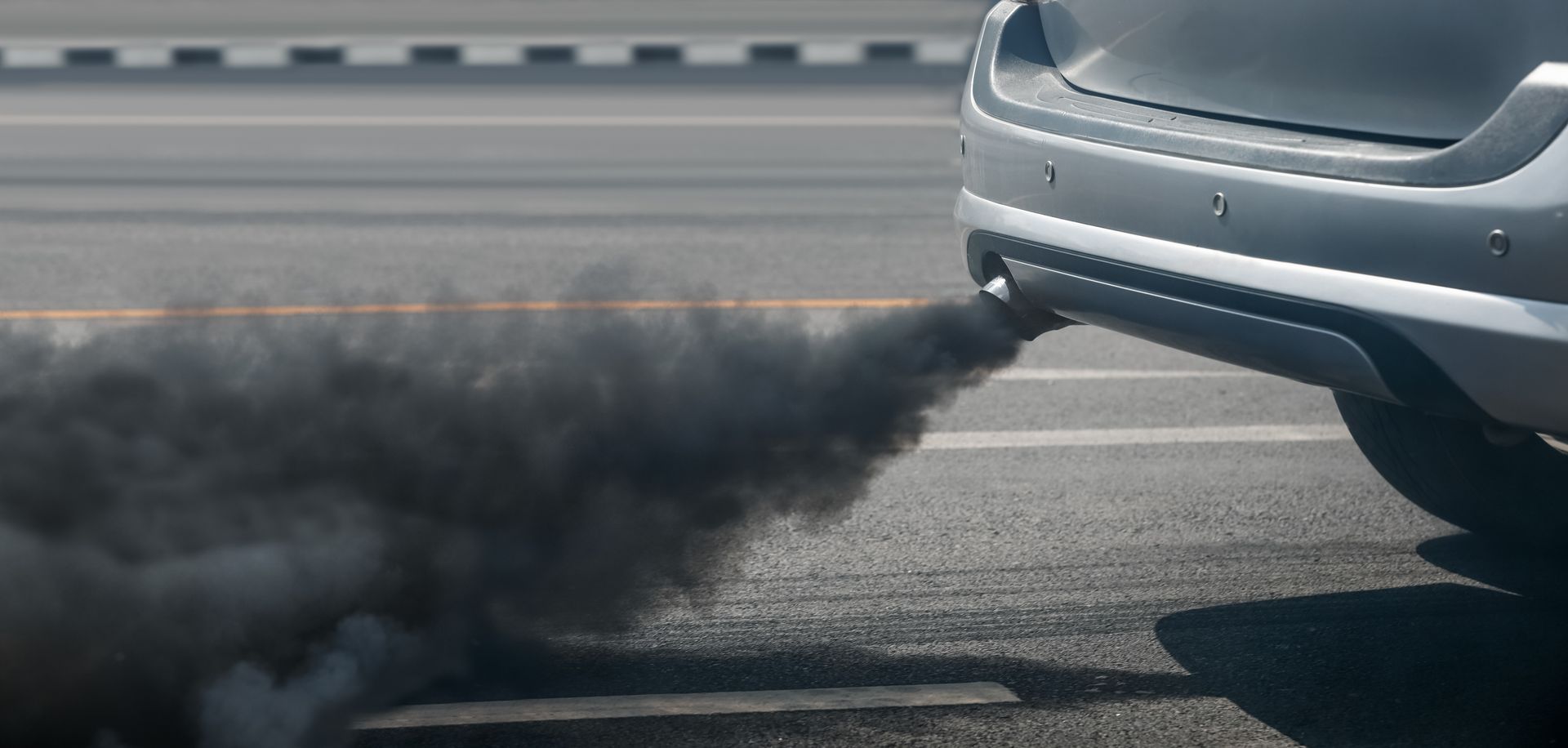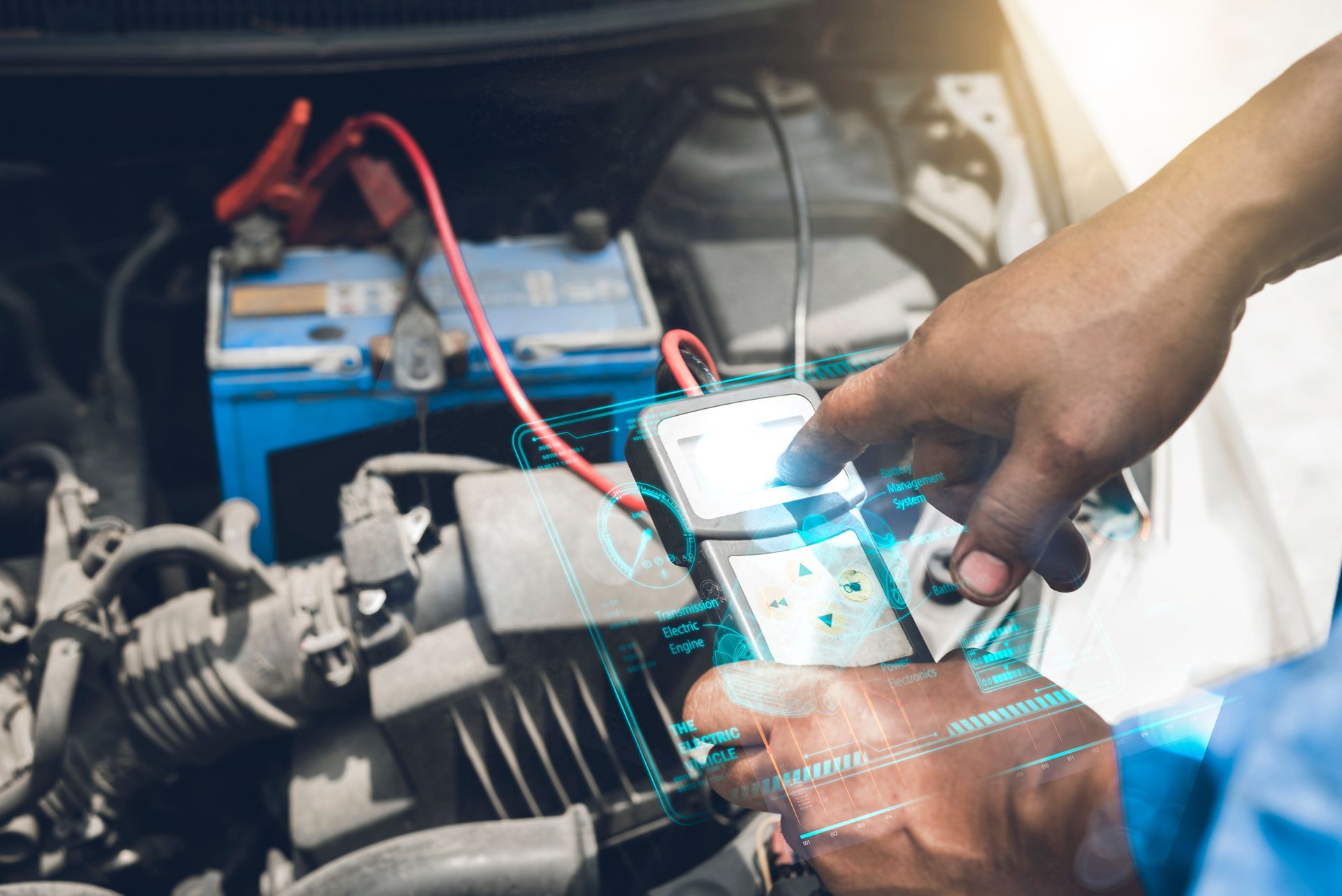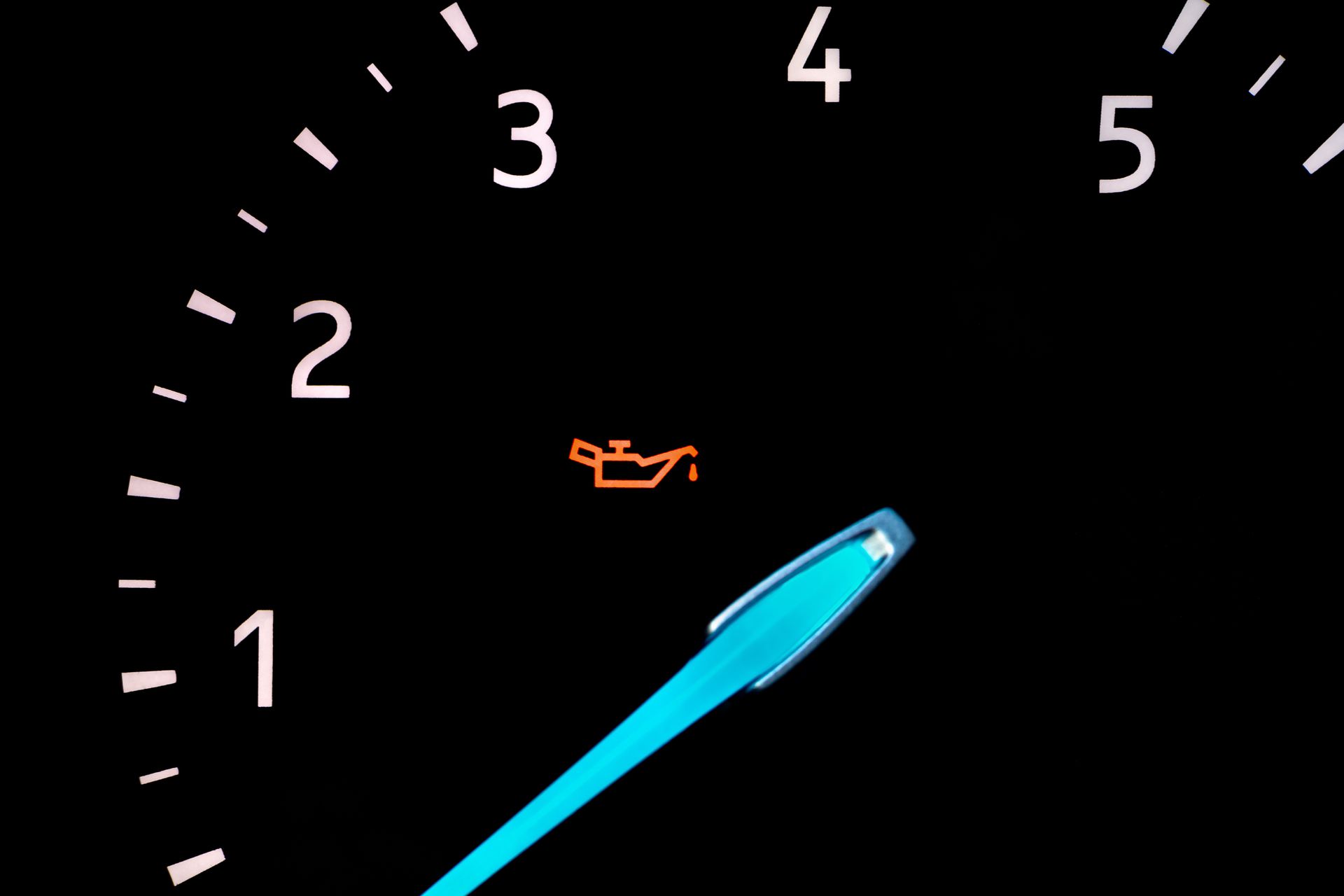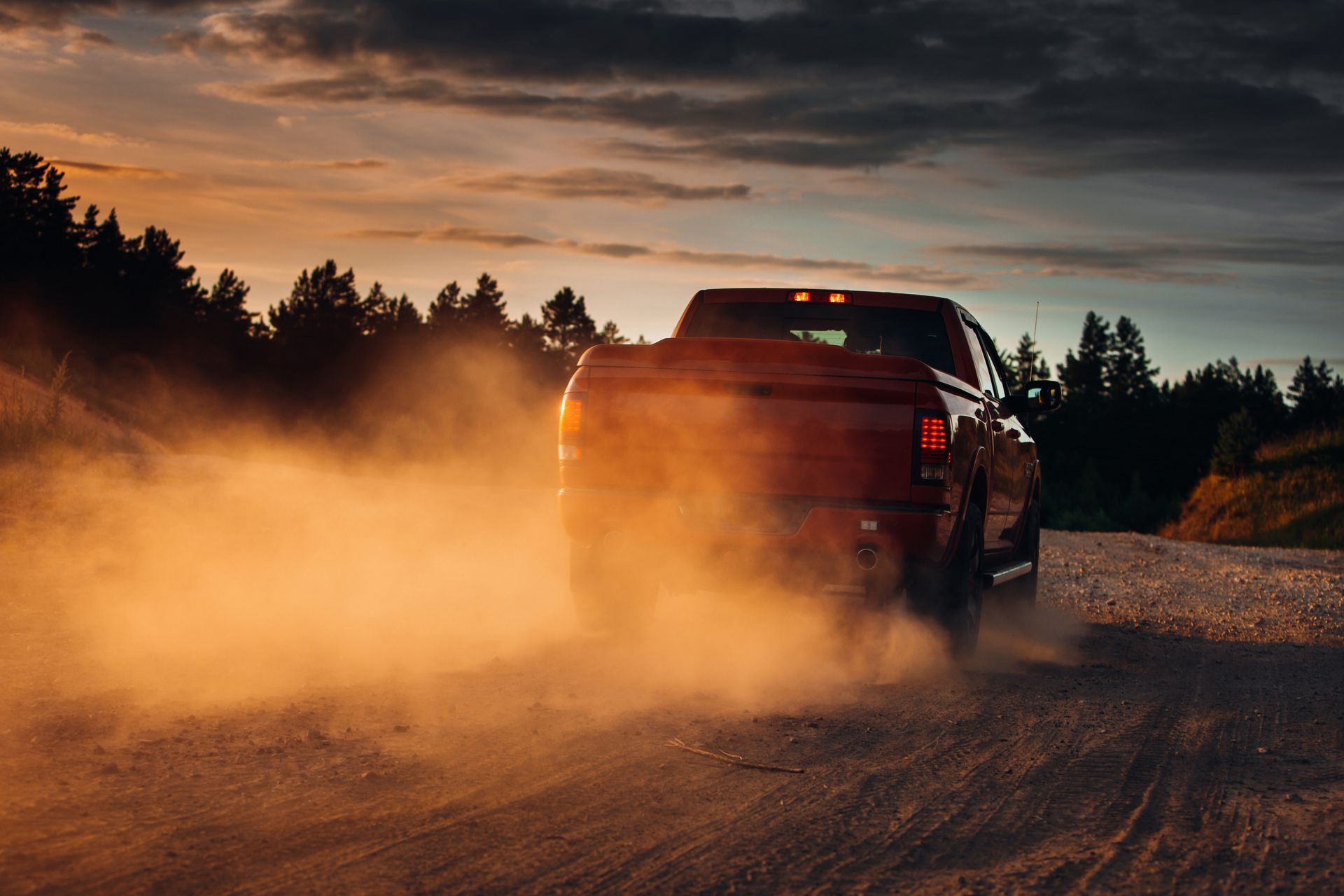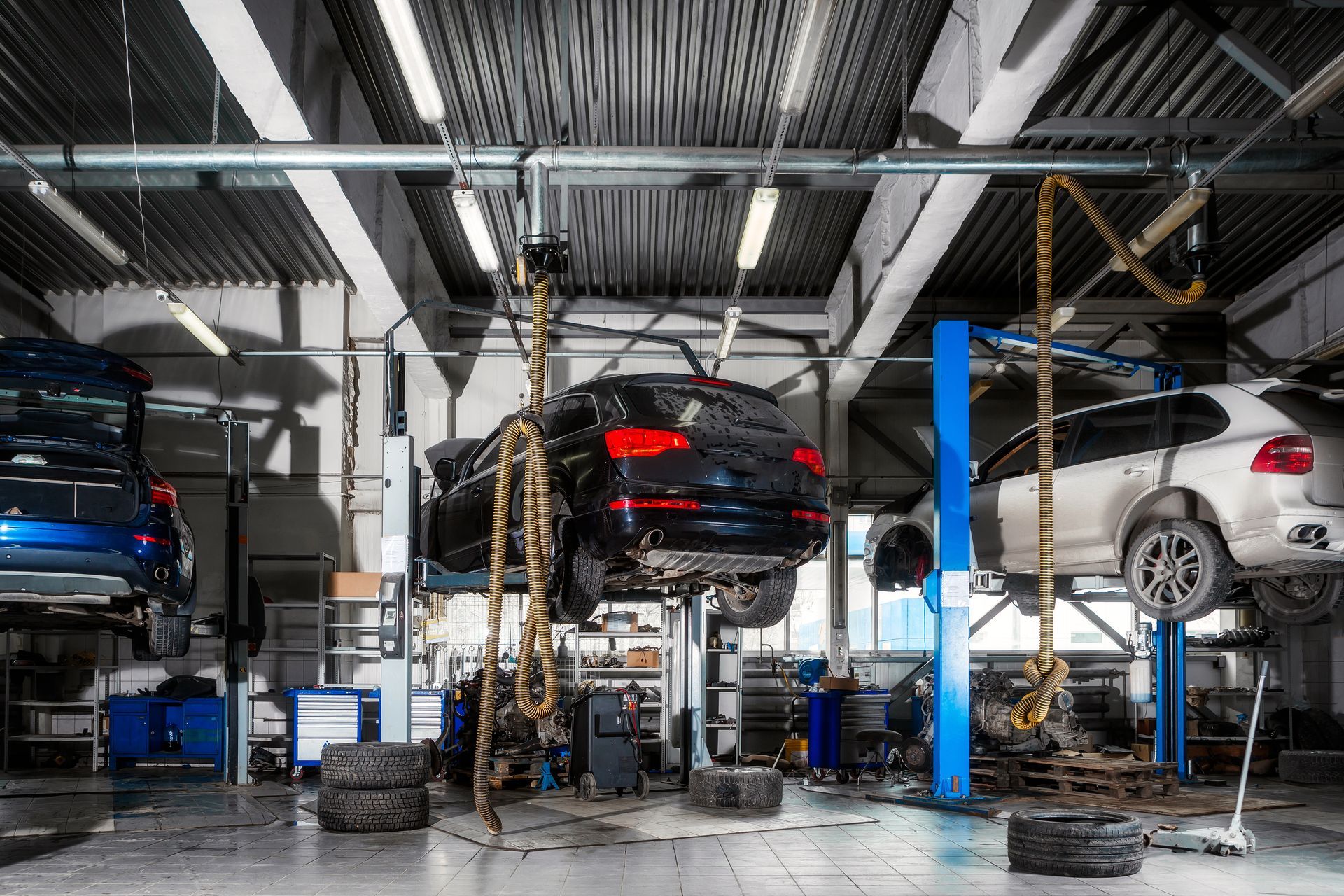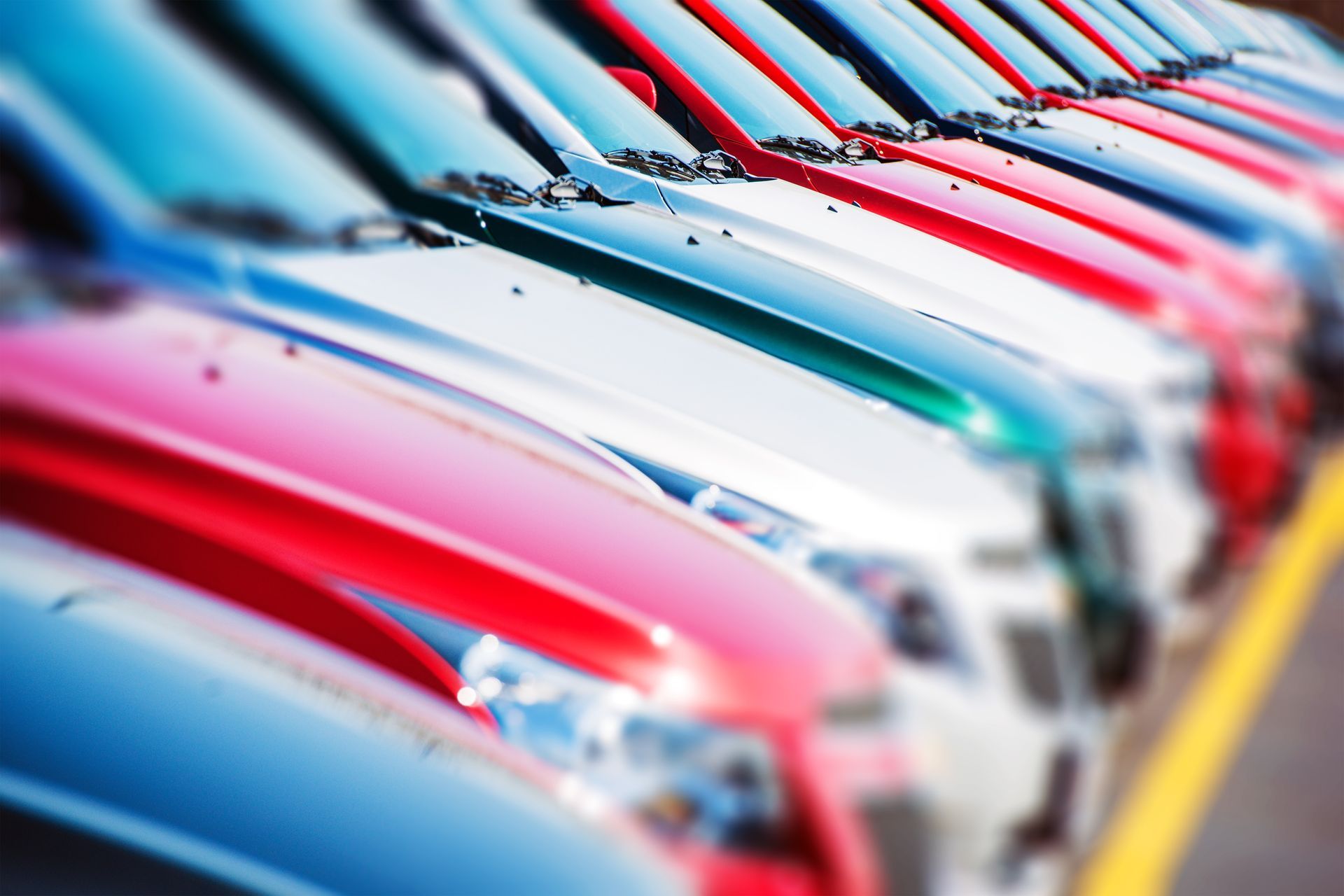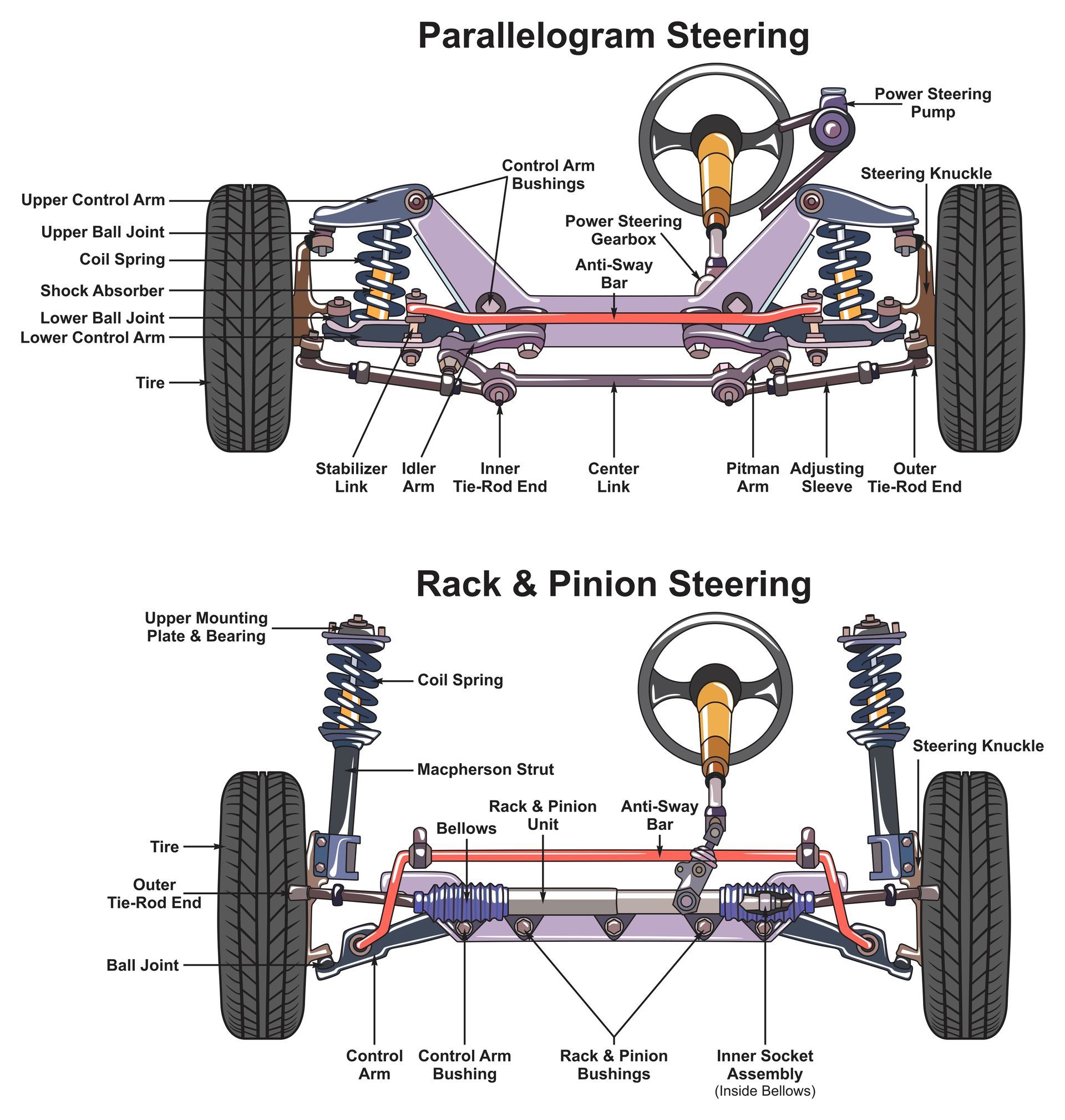Finding a mysterious spot under your car can make anyone uneasy—especially when it’s dark, greasy, and shows up right where you usually park. It’s easy to assume the worst and jump straight to “I’ve got an oil leak.” But before you panic, it’s important to understand what you’re looking at. That dark patch could be oil—or it could be something entirely different.
Being able to recognize what’s leaking and where it’s coming from can save you from unnecessary stress and help you decide when it’s time to take your car in for a proper inspection.
What Engine Oil Looks Like on the Ground
Engine oil has a distinct look and feel, especially once it’s been circulating through the engine. New oil starts out golden or amber in color, but after a few thousand miles, it turns darker—ranging from deep brown to nearly black. On pavement, it usually appears as a dark, wet spot that feels slick to the touch and doesn’t evaporate or dry quickly.
If you notice this kind of stain directly underneath your engine bay, especially after your car has been sitting overnight, it could very well be engine oil. In most cars, the oil pan is located toward the front and center of the vehicle, so that’s the area to watch.
Other Common Fluids That Might Be Mistaken for Oil
Not every leak under your vehicle is engine oil. In fact, several fluids can end up in your driveway—and some of them look and feel surprisingly similar to oil. So, how do you tell the difference?
Here are a few helpful visual and texture clues:
- Coolant often has a bright green, orange, or pink color and a sweet odor.
- Transmission fluid may be red, brown, or dark pink and feels slippery.
- Brake fluid is usually light yellow to amber and has a dry, oily feel.
- Water—usually from the A/C system—is clear, odorless, and nothing to worry about.
If you can safely reach the puddle, using a paper towel to dab a little of the fluid can help you get a better idea. Oil will typically leave a greasy, dark residue, especially if it’s been leaking for some time.
Where Oil Leaks Come From
Your car’s engine is under constant stress from heat and pressure, and over time, seals and gaskets begin to wear out. When that happens, oil can start to escape. Sometimes it’s a slow seep, and other times, it’s a more noticeable drip that leaves a puddle on the ground.
Common sources of oil leaks include:
- The oil pan gasket, which seals the bottom of the engine
- The valve cover gasket, located near the top of the engine
- The oil filter or drain plug, especially if recently serviced
- Front and rear main seals, which can leak toward the center or back of the engine
Any of these leaks can grow worse over time, especially if ignored. Even a slow leak can lead to low oil levels and poor lubrication, which puts your engine at serious risk.
Take It Seriously
At first glance, a small oil spot might seem harmless. But if you’re topping off oil between changes, noticing the smell of burning oil, or seeing smoke from under the hood, your vehicle could be telling you the problem is getting worse.
It’s also important to act if you see multiple spots, larger puddles, or signs that oil is spreading across the underside of the engine. In those cases, continuing to drive can turn a minor leak into a much bigger repair bill.
Also keep in mind that leaks can worsen under pressure, especially when your engine heats up. A leak that looks small while parked could become more serious once you’re driving.
Keep an Eye on It Before Your Appointment
If you suspect an oil leak but aren’t sure how serious it is yet, there are a couple of things you can do:
- Check your oil level regularly using the dipstick. If it’s dropping, you’ve likely got a real issue.
- Place a piece of cardboard under the suspected leak area overnight to monitor how much is dripping.
- Track when and where you see spots, as this can help your technician identify the leak faster.
Kwik Kar Auto Repair – Leak Detection and Repairs in Plano, TX
Worried that dark spot under your car might be an oil leak? Let the experts at
Kwik Kar Auto Repair in Plano, TX, or any of our 17 locations across the state take a look. We’ll track down the source, assess the severity, and provide a clear explanation of what needs to be done—without the guesswork.
